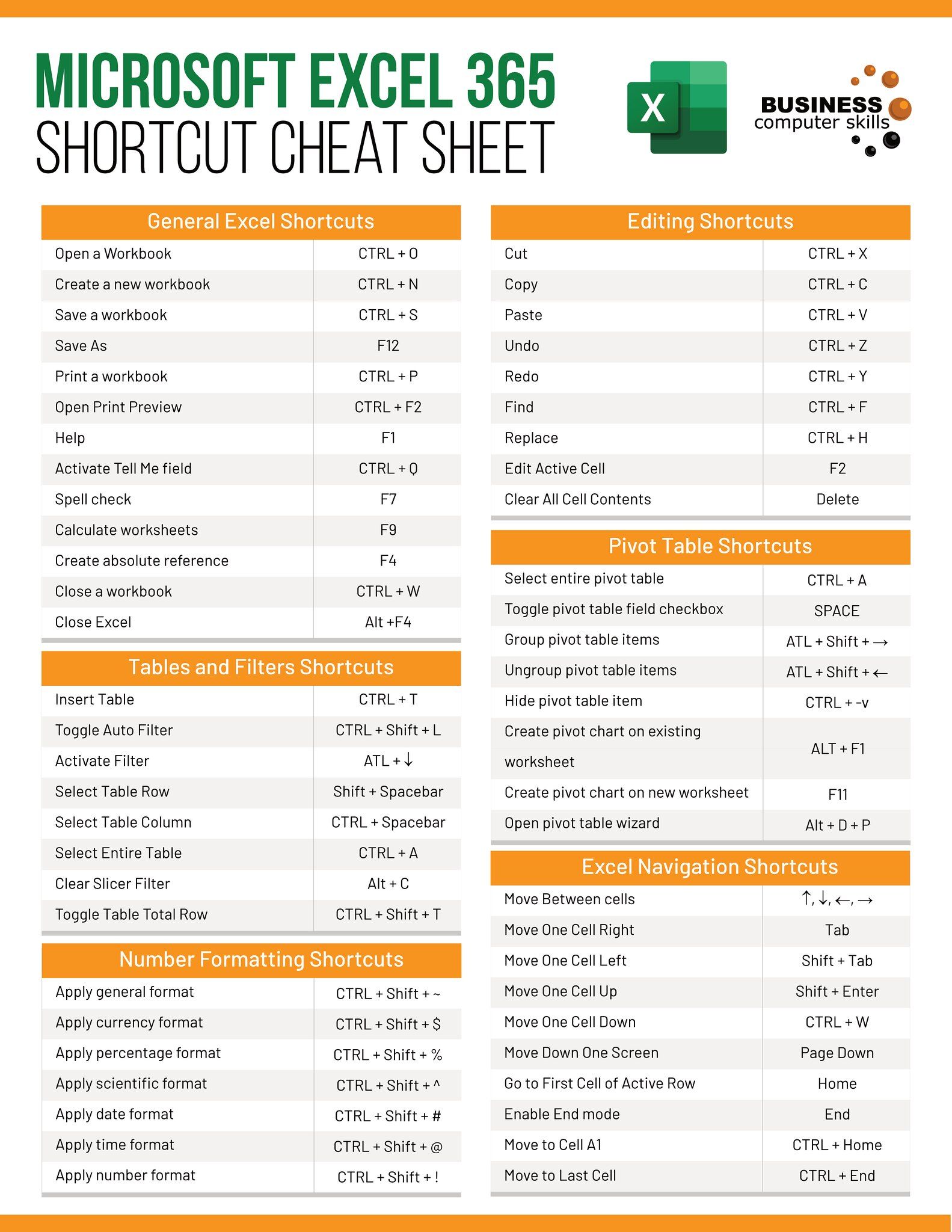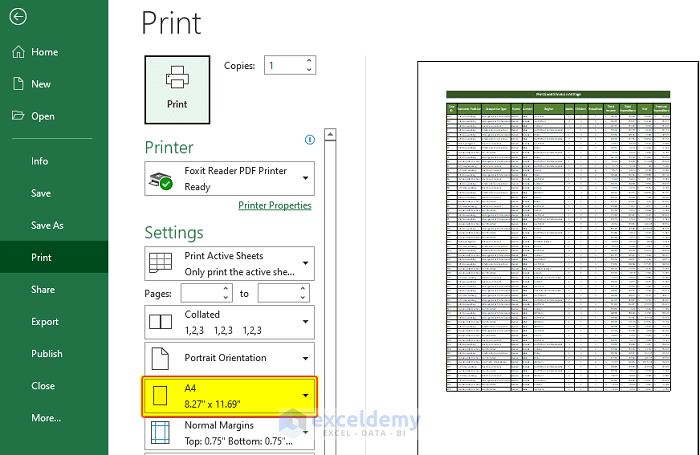5 Easy Tips to Fit Excel Sheet on One Page

When you're working with Microsoft Excel, one common issue many users face is ensuring that their spreadsheet or worksheet fits perfectly on a single page when printing. Whether it's for a presentation, report, or simple record-keeping, squeezing everything into one page can make your documents look professional and ensure readability. Here's how you can achieve this:
1. Adjust Page Orientation

One of the easiest ways to fit your Excel worksheet on one page is by changing the page orientation:
- Portrait: Best for documents with more rows than columns.
- Landscape: Ideal for documents with more columns than rows.
To change the orientation:
- Go to the Page Layout tab in Excel.
- Click on Orientation in the Page Setup group.
- Select either Portrait or Landscape.
Adjusting the orientation can often reduce the number of pages needed to print your worksheet.
💡 Note: Landscape orientation can be particularly useful for financial reports or data with many columns.
2. Scale to Fit Group Settings

Excel provides tools under the Scale to Fit group to adjust the scaling of your worksheet:
- Use Width and Height settings to ensure the worksheet fits one page. For example, setting both Width and Height to 1 page will force the sheet to fit on a single page.
Here's how:
- Navigate to Page Layout > Scale to Fit.
- Adjust the Width to 1 page and Height to 1 page.
- If the worksheet doesn't fit, Excel will automatically reduce the printout size.
🚫 Note: Over-scaling can make text too small to read, so use this option judiciously.
3. Modify Margins and Print Area

To fit more content on a single page:
- Reduce Margins: Smaller margins can accommodate more data. Go to Page Layout > Margins > Custom Margins to set smaller margins.
- Define Print Area: If you only need to print a part of the worksheet, setting a print area can help. Go to Page Layout > Print Area > Set Print Area.
📌 Note: Ensure text doesn't overlap or get cut off when setting narrow margins.
4. Shrink or Hide Unnecessary Data

Sometimes, you might need to hide or shrink data to make room:
- Hide Rows/Columns: Select the rows or columns you don't need, right-click, and choose Hide.
- Shrink Cells: Right-click on cells or rows, then choose Format Cells, and reduce the font size or adjust row height.
This approach not only reduces what's printed but also streamlines your data presentation.
5. Use Page Breaks

If Excel's automatic fitting isn't enough:
- Insert Page Breaks: To control where a page break should occur, go to Page Layout > Breaks > Insert Page Break.
- Adjust Page Breaks: You can also use Page Break Preview under the View tab to manually adjust page breaks.
These steps ensure you have the control to customize how data fits within the page boundaries.
By implementing these techniques, your Excel spreadsheet will not only fit on one page but also maintain its readability and professionalism. Whether for personal records or business documents, mastering these tips can save time and give your documents a polished look.
Why can’t I fit my worksheet on one page?

+
If your worksheet contains a significant amount of data, especially with many rows or columns, it might be too large to fit onto one page even after scaling. Try reducing unnecessary data or using print area settings to only print the essential information.
How can I reduce the font size for printing?

+
Go to Home > Cells > Format > Column Width or Row Height to adjust the size. You can also use the Scale to Fit feature to adjust font size proportionally for printing.
What if I still need more space?

+
If reducing size doesn’t work, consider summarizing data into tables or charts. Use multiple pages with consistent formatting or headers if necessary.